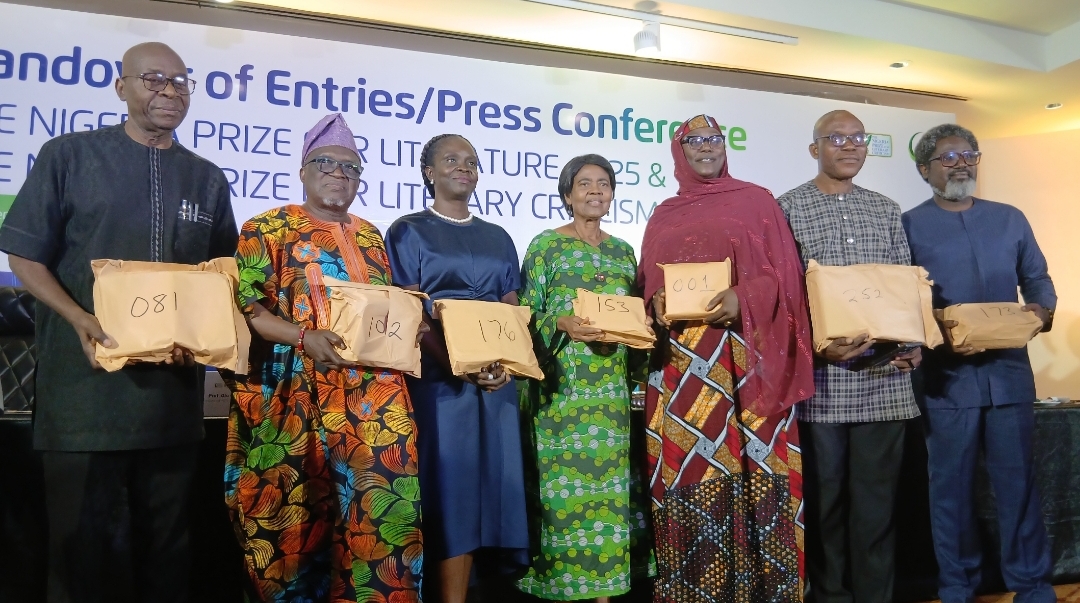During a press conference in Lagos, Sophia Horsfall, NLNG’s General Manager of External Relations and Sustainable Development, delegated Anne-Marie Palmer-Ikuku to present the entries to the Advisory Board. The board, chaired by celebrated author and past winner Professor Akachi Adimora-Ezeigbo, received the submissions with great enthusiasm.
Immediately after, the board delivered the entries to the panel of judges, formally launching the selection process. This year’s total far exceeds last year’s 163 and beats the 2021 prose fiction record of 202 entries.
A Surge in Creative Energy
According to Horsfall, the increase reflects an “explosion of literary creativity” and a growing global admiration for Nigerian storytelling.
“This surge reaffirms the prize’s relevance and highlights Nigeria’s expanding literary influence,” she noted. “It also aligns with NLNG’s mission to improve lives through sustainable development.”
Professor Adimora-Ezeigbo praised the high quality and diversity of the entries. She believes the competition will push boundaries and raise standards across African literature.
Judges Brace for Intense Adjudication
This year’s judging panel features Professor Saeedat Bolajoko Aliyu of Kwara State University as chair. She is joined by Professor Stephen Mbanefo Ogene of Nnamdi Azikiwe University and media personality Olakunle Kasumu. Additionally, Dr. Grace Musila, Associate Professor of African Literature at the University of the Witwatersrand, will offer international oversight.
With $100,000 at stake for the main prize and $10,000 for Literary Criticism, which received 37 entries, judges expect a tough but rewarding task ahead.
Honouring Literary Excellence
The prize rotates annually among four categories: Prose Fiction, Poetry, Drama, and Children’s Literature. Past winners include literary icons such as Kaine Agary, Chika Unigwe, Abubakar Adam Ibrahim, and Cheluchi Onyemelukwe-Onuobia.
Although the inaugural 2004 edition produced no winner, reflecting the prize’s high standards, the Nigeria Prize for Literature has since earned its place as Africa’s top literary honour and one of the richest globally.








